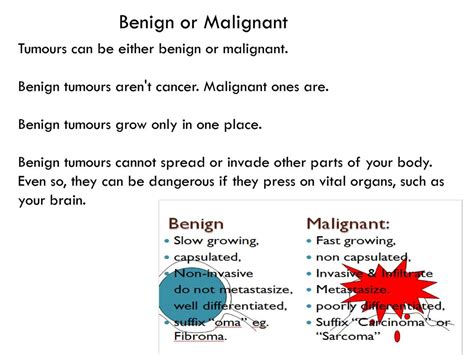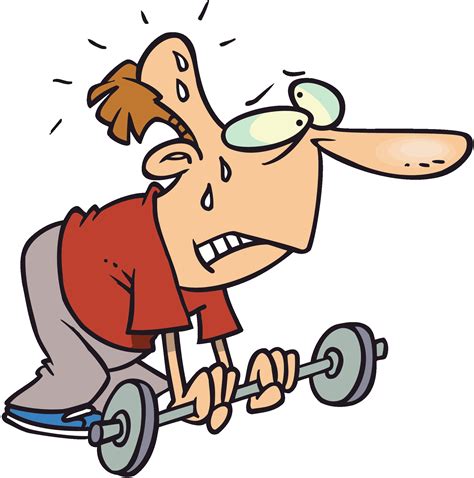What is a common early symptom of benign prostatic hyperplasia (BPH) that men often experience?

Many men encounter changes in their urinary habits as they age. One prevalent condition responsible for these changes is Benign Prostatic Hyperplasia (BPH), a non-cancerous enlargement of the prostate gland. Understanding its early symptoms is crucial for timely management and improved quality of life.

The Hallmarks of Early BPH: Urinary Frequency and Nocturia
The most frequently reported early symptom of BPH is an increase in urinary frequency, particularly during the night, a condition known as nocturia. Men often find themselves waking up multiple times to urinate, significantly disrupting their sleep. This occurs because the enlarged prostate gland compresses the urethra, the tube that carries urine out of the bladder. The bladder then has to work harder to empty, and it may not fully empty, leading to a sensation of needing to urinate more often, even if only a small amount comes out.

Other Initial Indicators: Weak Stream and Hesitancy
Beyond increased frequency, other tell-tale early signs often emerge. A common complaint is a weakened or slower urinary stream. Instead of a strong, steady flow, men might notice a hesitant start to urination, a stream that stops and starts, or one that is generally much less forceful than before. Difficulty initiating urination, known as urinary hesitancy, is also common; it can take a noticeable effort and time for the urine to begin flowing. After urination, there might be a feeling that the bladder hasn’t completely emptied, leading to a desire to urinate again shortly after. Dribbling at the end of urination is another symptom, where urine continues to trickle out even after the main flow has stopped.

Why Early Recognition Matters
While BPH is benign and not cancerous, its symptoms can significantly impact a man’s daily life and sleep quality. Ignoring these early signs can lead to more bothersome symptoms over time, and in some cases, complications such as urinary tract infections, bladder stones, or even kidney problems, though these are less common with early intervention.

When to Consult a Doctor
Any man experiencing persistent changes in his urinary habits, especially those mentioned above, should consult a healthcare professional. Early diagnosis allows for various management options, from lifestyle adjustments and watchful waiting to medication or, in some cases, minimally invasive procedures. Discussing these symptoms openly with a doctor can lead to effective strategies to alleviate discomfort and maintain prostate health and overall well-being.










